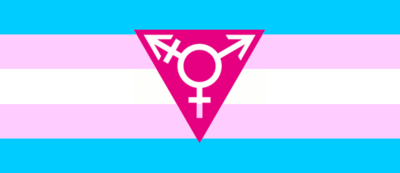
Statement on Trans Day of Remembrance
Posted on November 20, 2018
« View all news#WeWontBeErased
Trans Day of Remembrance (TDoR) was started 19 years ago as a day to memorialize those who have been murdered as a result of transphobia, starting with Rita Hester. Transphobic violence exists in many forms – physical attacks, anti-trans policies, lack of healthcare or mental health supports, employment barriers and discrimination, as well as the policing of our bodies and spaces.
Debating Trans lives is transphobic violence.
Debating whether gender identity should be taught is transphobic violence.
Debating our identities as a ‘theory’ is transphobic violence.
Institutions, including governments, that choose to debate gender identity are complicit in epistemic violence, choosing to focus on anti-trans discourse rather than on supports that would uplift and support communities through funding priorities and education.
At LGBT Youth Line, we know too well the impact this has on Trans, gender nonconforming and questioning youth. Last year, our peer support volunteers talked to 2,738 Trans or questioning youth (58% of our service users). In the last month, we’ve seen even more Trans youth reaching out for support as they feel isolated and scared. Even considering a debate of gender identities, regardless of the final outcome, tells youth that their existence is up for debate, that there may be something wrong with who they are, and often makes it harder for them to reach out for support.
We want youth and non-youth alike who are Trans, gender nonconforming, Two-Spirit or questioning to know that your identities and experiences are valid. Your pronouns and identities are not up for debate or even discussion. You deserve to be represented in your education systems and in your spaces. You matter!
For those who want to make a difference or act in solidarity with trans communities, here are some ways you can show up for Trans communities:
- Make it so that all your spaces (online and offline) amplify positive messages so we can send a clear message in support of Trans rights.
- Have discussions and educate other non-trans people. Educate yourself so you can be equipped to have the harder conversations.
- Support Trans people. Check-in on your friends and peers, ask them what they need. Offer resources to Trans supports and movements, whatever that looks like for you.
Trans communities are resilient. We will continue to thrive and show up for each other – it’s what we’ve done for our entire existence. We will not be silenced and we are not going anywhere.
In solidarity,
Berkha Gupta
Executive Director